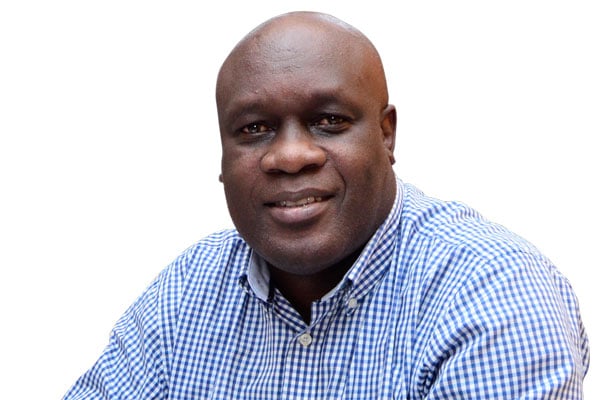Prime
Trust in our journalism rests on accountability

Author: Odoobo C. Bichachi is the Nation Media Group (NMG)-Uganda public editor. PHOTO/FILE.
What you need to know:
- She said research had established that newspapers are more trusted by the public when they own up to their mistakes, however many times they have to do so. Research had also established that to the contrary, many (if not most) editors believe that they lose public trust when they publish many corrections.
On Wednesday, I had the privilege to listen to Kathy English, former public editor for 13 years of the Toronto Star in Canada, speaking on the topic “Revitalising the public editor role”. The gist of her discussion was on diversity, trust, accountability in journalism, and the public editor’s place in all this.
Perhaps one of her most illuminating statements during the discussion was the following: “Journalism has for long resisted accountability. There is this macho attitude of never explain, never apologise, ‘we stand by our story’!” She argued that this undermines public trust in journalism and media’s authority as the watchdog that holds power to account. She asked: “Who holds powerful journalists to account for ethical, accurate, fair and representative journalism – the “real news” we need to counter disinformation and misinformation?”
She said research had established that newspapers are more trusted by the public when they own up to their mistakes, however many times they have to do so. Research had also established that to the contrary, many (if not most) editors believe that they lose public trust when they publish many corrections.
The public editor’s role is to chaperon these divergent perceptions. That breeds transparency and builds trust.
*****
Many readers, viewers and listeners quietly ask themselves questions about stories they read, watch or listen to – sometimes about the process, other times about the facts and many times about the people that tell these stories.
In other words; how does journalism work? ProPublica, Illinois’ weekly newsletter, gave readers a platform to ask and get answers. I borrowed the concept and imagined some questions running in the mind of NMG-Uganda media consumers:
1. When is a story ready to go out?
2. How do journalists keep their biases from stories they produce?
3. How do journalists balance their relationship with their sources?
4. How are reporters protected from the wrath of people they write about?
5. How do journalists identify fake news and avoid reproducing it?
6. When do journalists rest considering news is produced every day of the year?
I shall answer one question this week and defer others to next week. I welcome readers to ask more questions as a follow up of this so I address them in my next column.
So, when is a story ready to go on air or in print? Well, Daily Monitor has the following reporter/editor checklist to guide in the decision to publish or not.
Accuracy:
• Are all names and places correct, including spelling?
• Are quotes exactly as they were said and true to the speaker and the topic?
• Are the numbers correct? Are any missing?
• Were all the stakeholders contacted? If not, why not (and should it be noted in the story)?
• Is there any question we should have asked or any fact omitted that is key to the story?
Fairness:
• Is the story balanced, in other words favouring no one side over the other?
• Does it provide diverse viewpoints (and not just both ends of the spectrum, but across the spectrum)?
• Is it written with the proper tone, avoiding superlatives?
• Is it written in a way that treats everyone equally?
Context:
• Does it provide perspective? Does it properly “place” the story/topic regarding what’s happened before and after, or in relation to this event or other events, for the reader to have full value?
• Does it let readers know “why” this is important to them – why they should “care”? (important in political stories.)
• Does it need an “outside” perspective – someone who can more sharply focus the event or the people in it without favour?
Verification:
• Is all the information credibly sourced and able to be verified? If not, is it clear in the story what is and what is not? If challenged, will the story and the facts withstand scrutiny when universally accepted journalist standards are applied?
• If not verifiable, should the fact – or story – be published (or held until verification is secured)?
And:
• Does it contain words such as “reportedly”, “allegedly”, “apparently ”, “we understand” and similar words in place of proper attribution?
Send your feedback/complaints to
[email protected] or
call/text on +256 776 500725.




